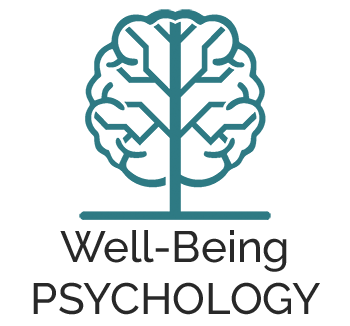Effective strategies to build resilience
Life can be full of hassles ranging from the everyday and mundane such as your car breaking down, untimely bills or the dinner burning in the oven to the other end of more challenging life situations such as ongoing workplace difficulties, illness or unemployment.
What is resilience?
Resilience is about how well we cope with the events in our lives. It has also been described as the ability to bounce back after difficult times. It can be a trait/ characteristic than can be helpful in navigating through the challenges and highs and lows of life. Resilience is developing your ability to cope with life stressors.
Resilience behaviours can include facing difficulties and the demands of life with a positive mindset. Adapting to change with flexibility and openness. Being able to ask for help when you need it is also an important component of resilience. With resilience, you can rise to the challenges of life and maintain greater wellbeing. Your ability to cope with and manage stress is well-developed.
Developing resilience can be achieved though. Developing a positive outlook can be beneficial rather than looking at negatives and getting caught up in worrying.
Working towards your goals can be important in developing resilience and being led by your values in life.
Maintaining healthy boundaries and strong relationships is important in resilience and healthy connections and social support can help you manage stress.
People who lack resilience might find themselves overwhelmed by problems and difficulties in life. They might spend a lot of time worrying and hence develop ways of coping that may be unhelpful such as over-eating, drinking alcohol excessively, gambling and other addictions and avoidance strategies.
How do we develop resilience?
- Maintain your social networks and links with others such as going out for that coffee might just be what you need.
- Excercise, going to the gym or for a regular brisk walk can contribute to a greater sense of well-being. Making sure you're going to bed on time so that you get enough sleep. Eating a well-balanced nutritious diet to maintain your physical and emotional well-being.
- Developing skills to manage your emotions such as taking up a meditation practice and dealing with emotions as they come up (with acceptance and self-compassion).
- Keeping a positive outlook on life is important and seeing challenges as opportunities to grow and learn from.
- Resilience is about asking for help when you need it too from those around you in your social network.
- Maintaining hobbies. Keeping active and being active with hobbies you find enjoyable and that help you let off steam and develop your creativity.
In this article, we have focussed on resilience, what it is and how to cultivate this in your own lives.
What have you found has been helpful in developing your resilience in life?






